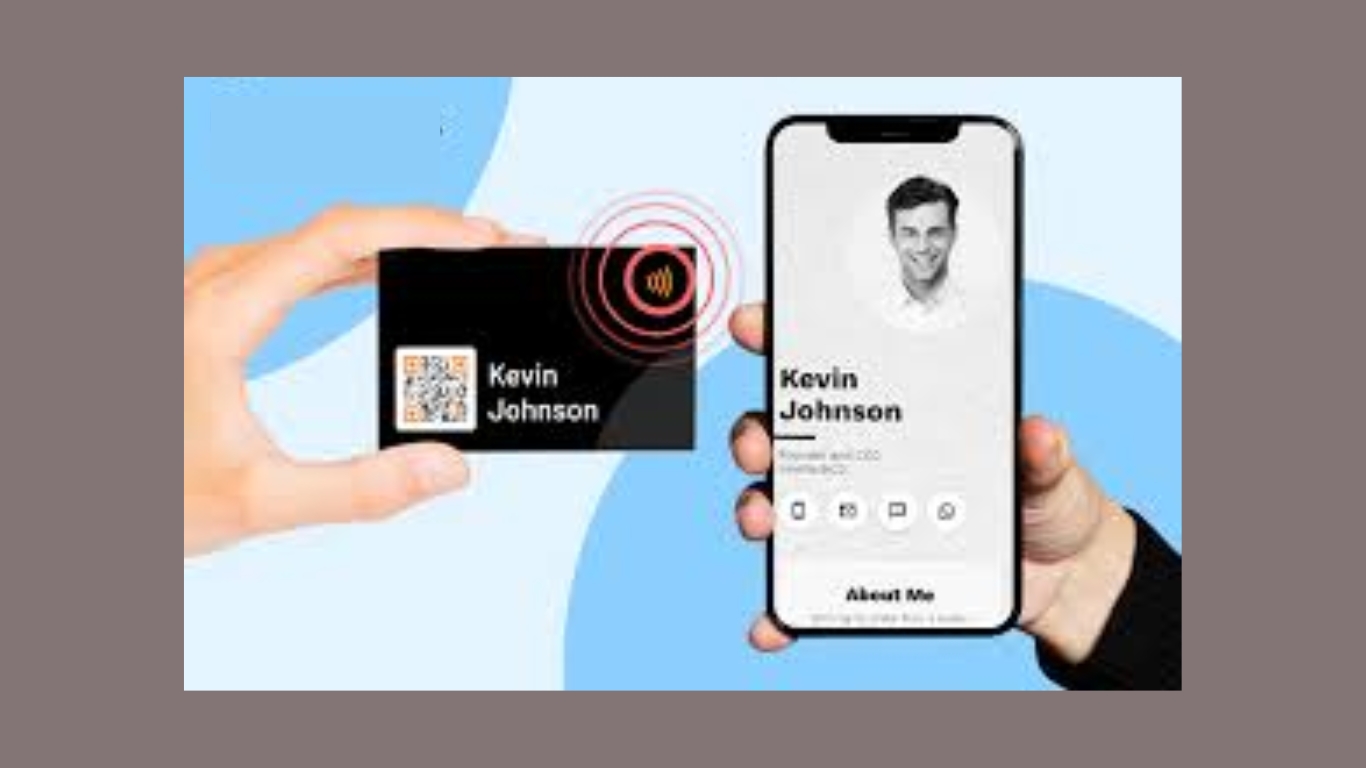
In today’s fast-paced digital age, networking has transcended traditional boundaries. The handshake, the exchange of smiles, and the inevitable swapping of business cards are now complemented—or even replaced—by their digital counterparts. Enter the digital business card, a modern solution for professionals on the go. But is it truly a necessity, or just a luxury for the tech-savvy elite? Let’s delve deeper.
What is a Digital Business Card?
A digital business card is an electronic version of a traditional business card. It contains all the information you would typically find on a physical card—name, job title, company, contact details—but offers much more, including clickable links, social media profiles, videos, and even personalized branding. These cards are shared digitally via email, QR codes, or messaging apps.
Types Of Digital Business Cards
Digital business cards come in various types, including:
- Static – Simple, non-interactive cards shared as images or PDFs.
- Interactive – Clickable links for contact details and social profiles.
- QR Code-Based – Scannable codes directing to digital cards.
- App-Based – Created and shared through apps with features like analytics.
- URL-Based – Hosted on personalized webpages for easy updates.
- NFC – Embedded in physical cards for instant sharing.
- Social Media – Focused on connecting through LinkedIn, Instagram, etc.
- Video – Includes a short personal video.
- AR – Uses augmented reality for interactive elements.
- Customizable – Tailored to branding needs.
Benefits Of Digital Business Card
Digital business cards offer numerous benefits, including:
- Convenience – Easily shareable via QR codes, apps, or links.
- Cost-Effective – No recurring printing costs.
- Eco-Friendly – Eliminates paper waste.
- Customizable – Easily updated with branding, designs, or contact details.
- Interactive Features – Clickable links for websites, emails, and social media.
- Global Reach – Shareable instantly across borders.
- NFC and AR Integration – Modern and tech-savvy appeal.
- Enhanced Networking – Seamlessly save contacts to smartphones.
- Analytics – Track views, clicks, and engagement through apps.
- Professional Impression – Showcases innovation and adaptability.
The Case for Necessity
Eco-Friendly Solution
- Paper business cards contribute to deforestation and waste. Digital business cards eliminate the need for physical resources, aligning with the global push toward sustainability.
Convenience and Accessibility
- A digital business card can be accessed anytime, anywhere. Forgetting your physical card is no longer an issue when your digital one is always in your pocket.
Up-to-Date Information
- Unlike traditional cards, which become outdated with any change in contact details, digital cards can be updated instantly, ensuring your network always has accurate information.
Enhanced Networking Capabilities
- Digital cards can include links to portfolios, LinkedIn profiles, or even a demo of your work. This dynamic functionality ensures a richer first impression.
Cost-Effective in the Long Run
- While the initial setup might cost more than printing traditional cards, the long-term benefits outweigh the recurring expense of reprinting physical cards.
The Case for Luxury
Digital Divide
- Not everyone is equipped to use digital business cards, especially in regions with limited access to technology or for audiences who prefer traditional methods.
Learning Curve
- Adopting digital cards might require learning new tools and software, which could be time-consuming for some professionals.
Initial Cost
- High-quality digital business card solutions might involve subscription fees or app purchases, making them less accessible to small businesses or freelancers with limited budgets.
Reliance on Technology
- In situations where technology fails—like a dead phone battery—a physical card can be a lifesaver.
Balancing Necessity and Luxury
The key is to determine your target audience and professional goals. For tech-savvy industries, digital business cards might be indispensable. However, for more traditional sectors, they may still be perceived as a luxury.
Conclusion: A Tool for the Modern Professional
Digital business cards are rapidly transitioning from a luxury to a necessity, especially for those aiming to stay ahead in competitive markets. They provide an eco-friendly, versatile, and modern way to share contact information while leaving a lasting impression. However, a balanced approach—where digital and physical coexist—might be the best way forward.
. So, are digital business cards a necessity or a luxury for you? Share your thoughts below!
